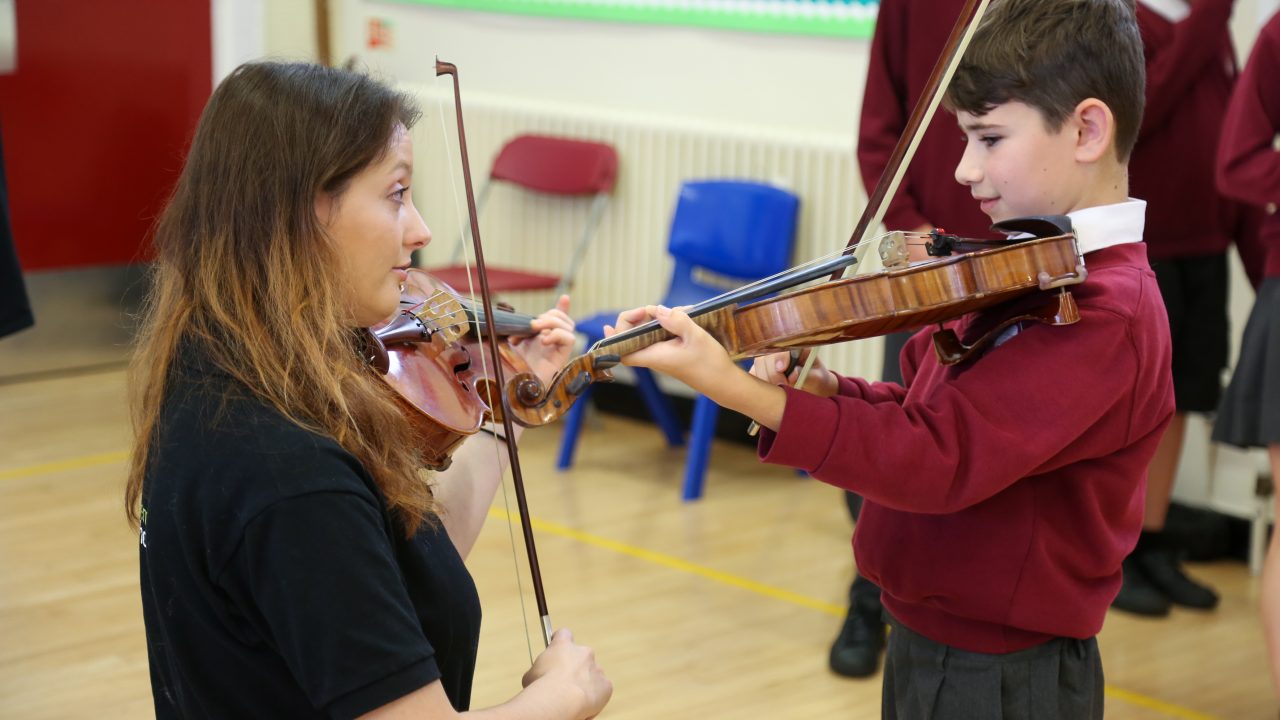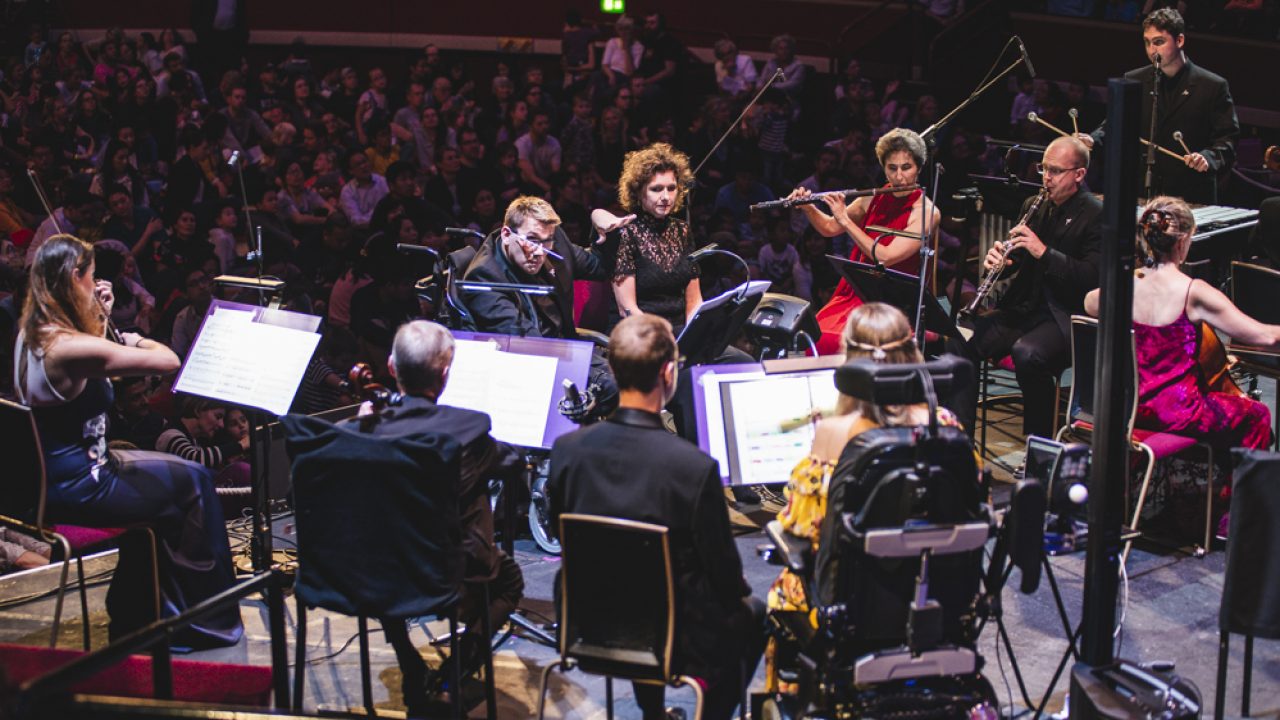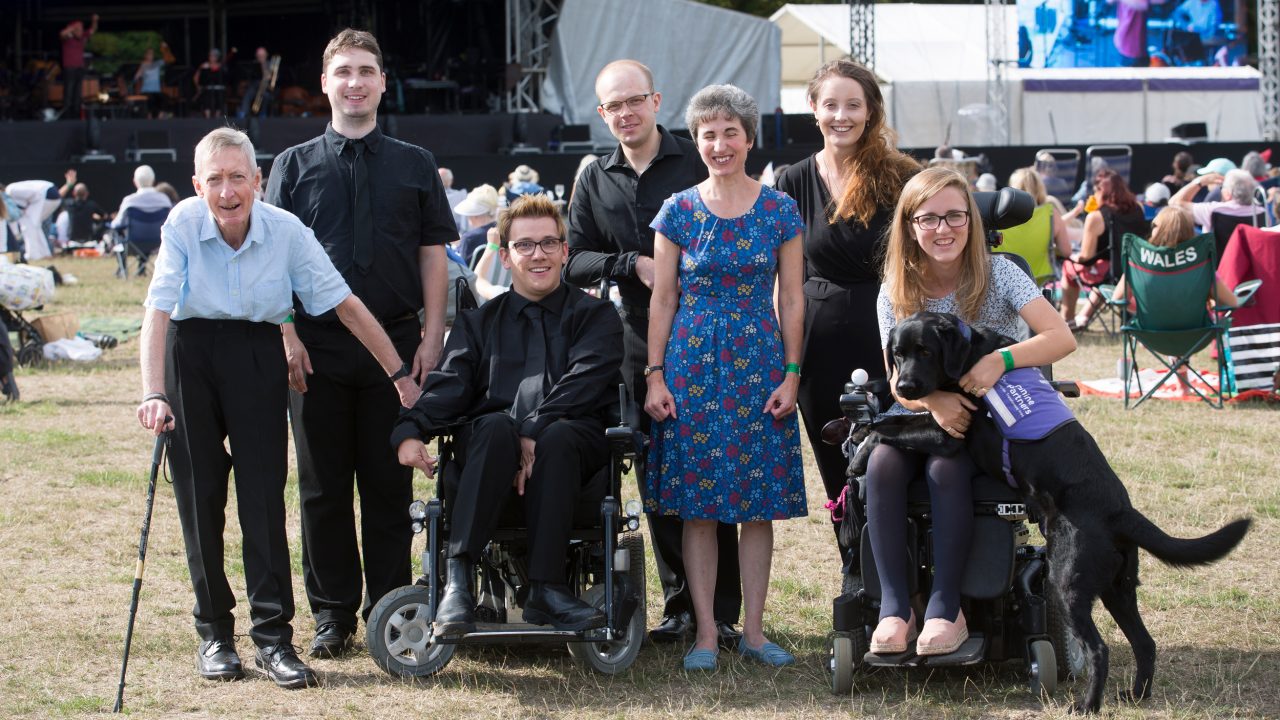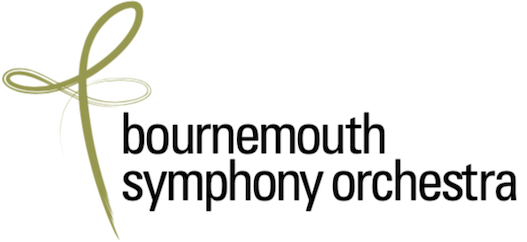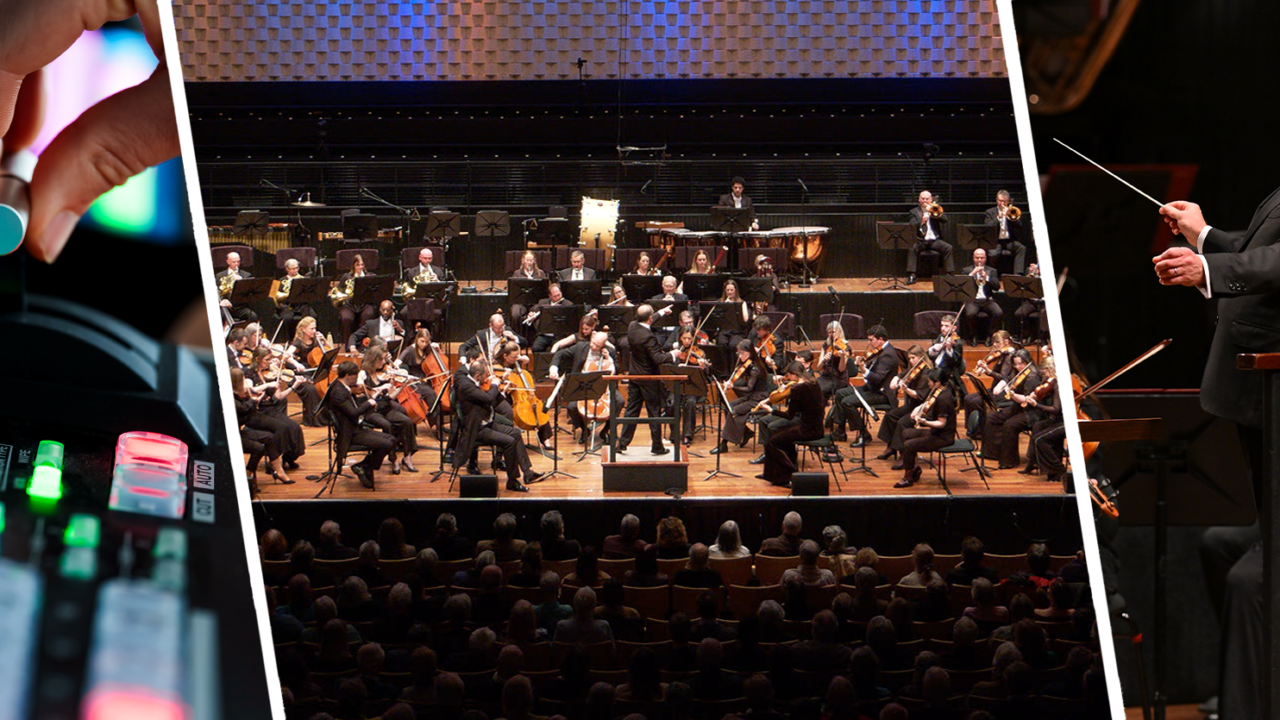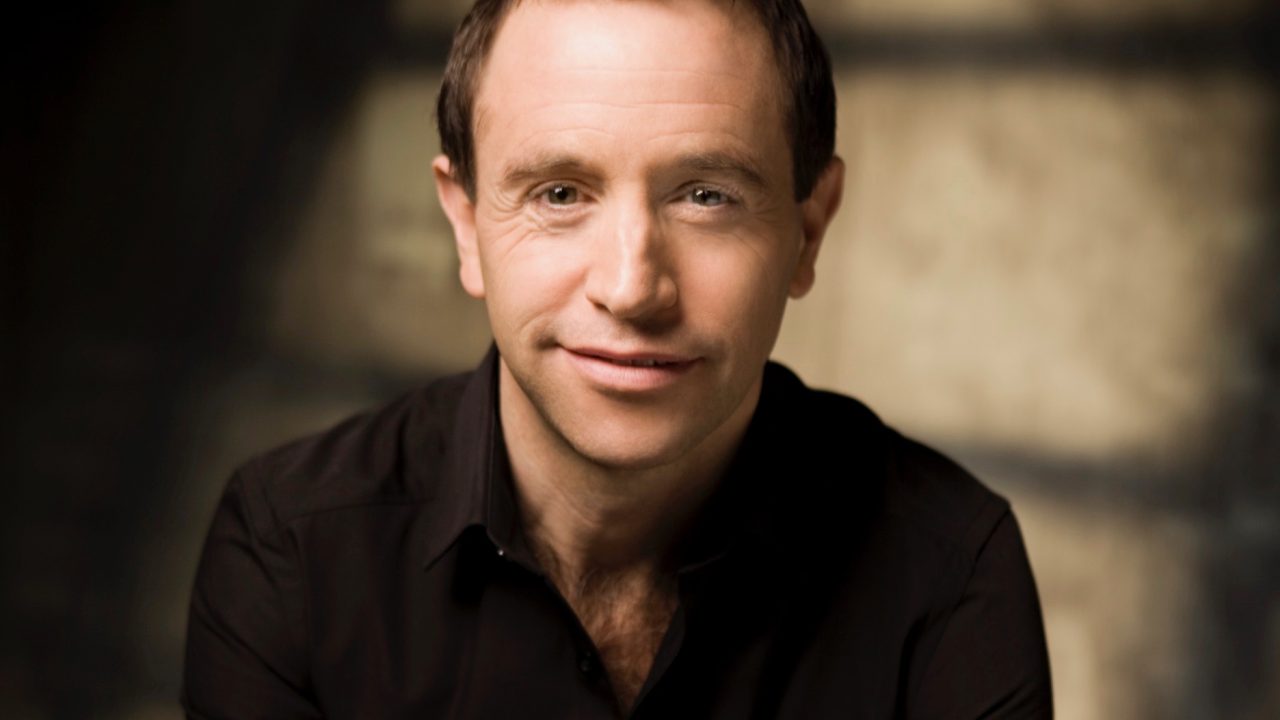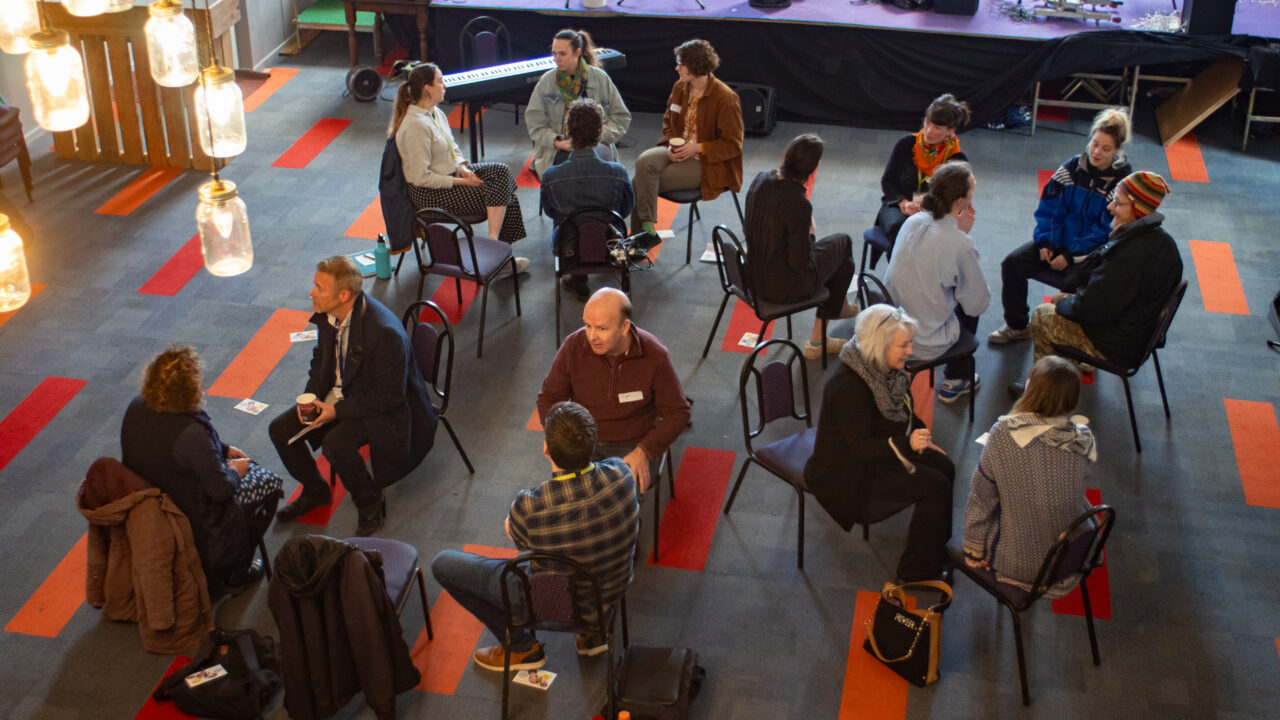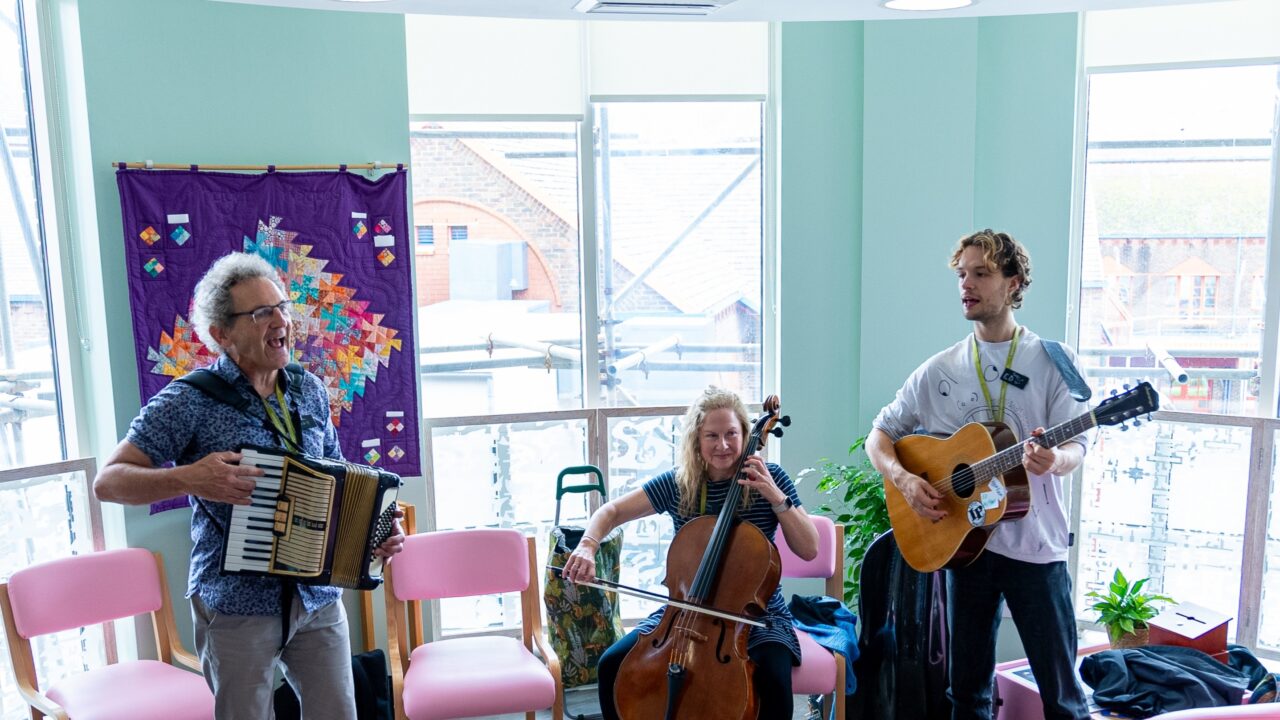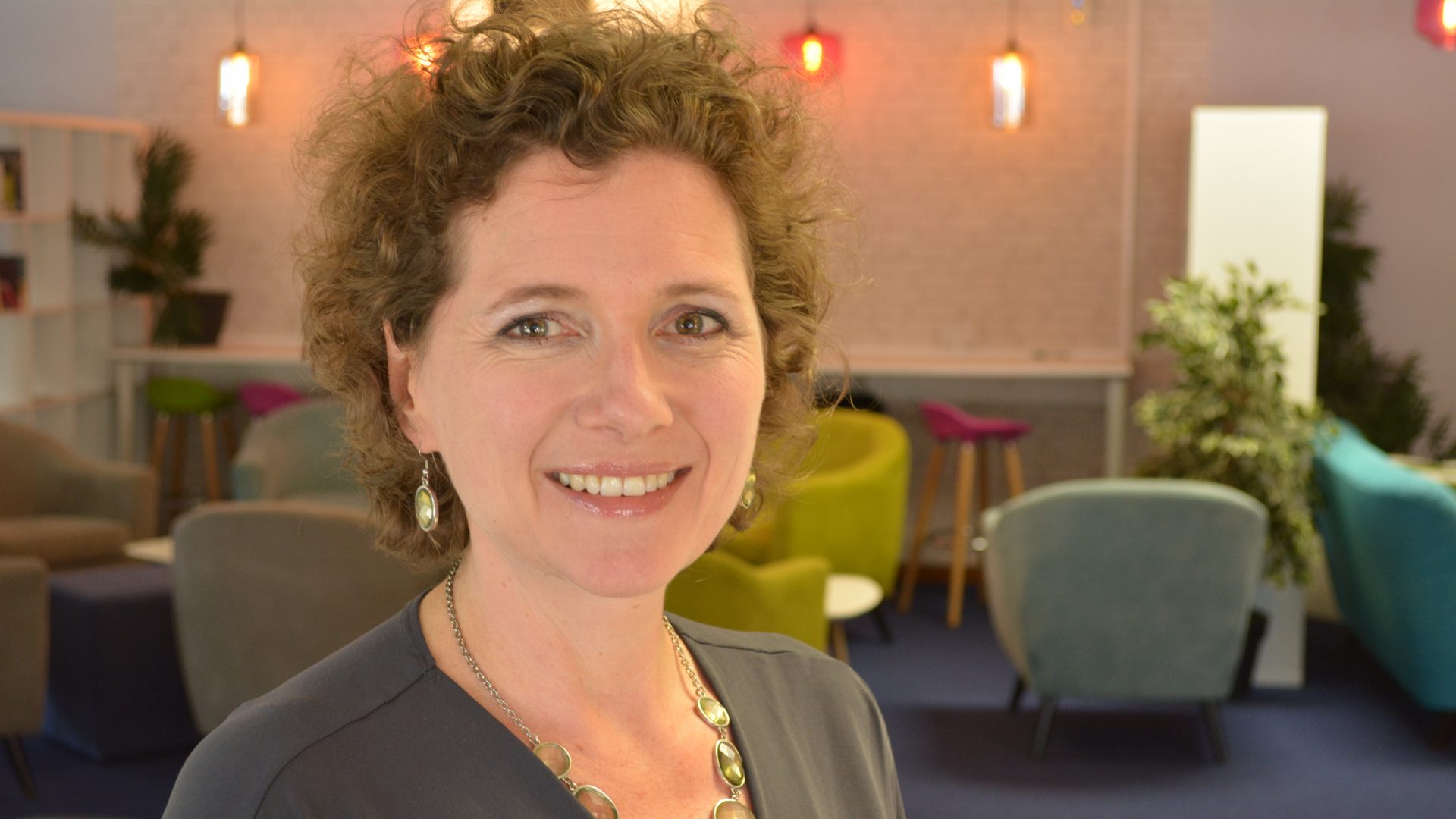Working on the BSO Change Makers Programme has been career changing for me. It has made me look at all elements of my, what I thought had been, inclusive practice as an arts leader. One of the main catalysts for this has been the adoption of the Social Model of Disability throughout the whole Company.
The Social Model of Disability differs from the traditional medical model, which looks at what is ‘wrong’ with the person, not what the person needs. The Social Model of Disability proposes that what makes a person disabled is not their impairment but the attitude and structures of society.
SCOPE states ‘The social model of disability is a way of viewing the world, developed by disabled people. The model says that people are disabled by barriers in society, not by their impairment or difference. Barriers can be physical, like buildings not having accessible toilets. Or they can be caused by people’s attitudes to difference, like assuming disabled people can’t do certain things.The social model helps us recognise barriers that make life harder for disabled people.
Removing these barriers creates equality and offers disabled people more independence, choice and control.’
To give you a practical example: A wheelchair using musician is trying to get to a performance on the first floor but there is not lift. That musician is not disabled by their impairment but by the flight of stairs. A visually impaired musician is given a conventional score at a rehearsal. They are not disabled by the fact that they can’t see but by the fact that you give them music to read in an inappropriate format.
If you provide a lift or move the performance; provide the music in large print, braille or audio format; the musicians are no longer disabled.
For Bournemouth Symphony Orchestra (BSO), the social model has enabled us to look, in detail, at all our systems and processes and by working with BSO Resound we have been able to try and test new ways of working.
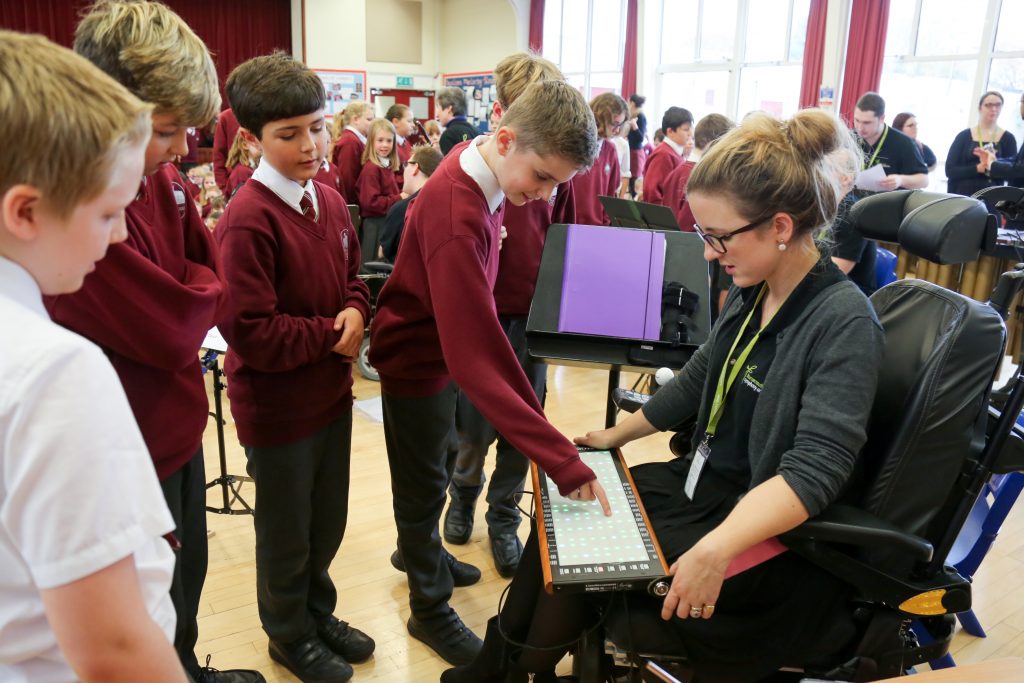
Charlotte Bott, BSO Resound Linnstrument © Deep South Media
Adopting the social model has been liberating and fun.
It has given me, my team and BSO colleagues the opportunity to be creative in finding solutions to remove barriers for disabled colleagues, participants and audience members.
Ensuring that the Social Model of Disability remains central to all that we do was identified as one of 5 key principles for creating organisational change in the recent BSO Change Makers report, and we’re proud of how far we’ve come.
To find out how your company can improve prospects for the next generation of disabled talent, visit bsolive.com, read our Change Makers report and learn about the BSO Programme for Cultural Change.
Lisa Tregale
Head of BSO Participate
Gallery
